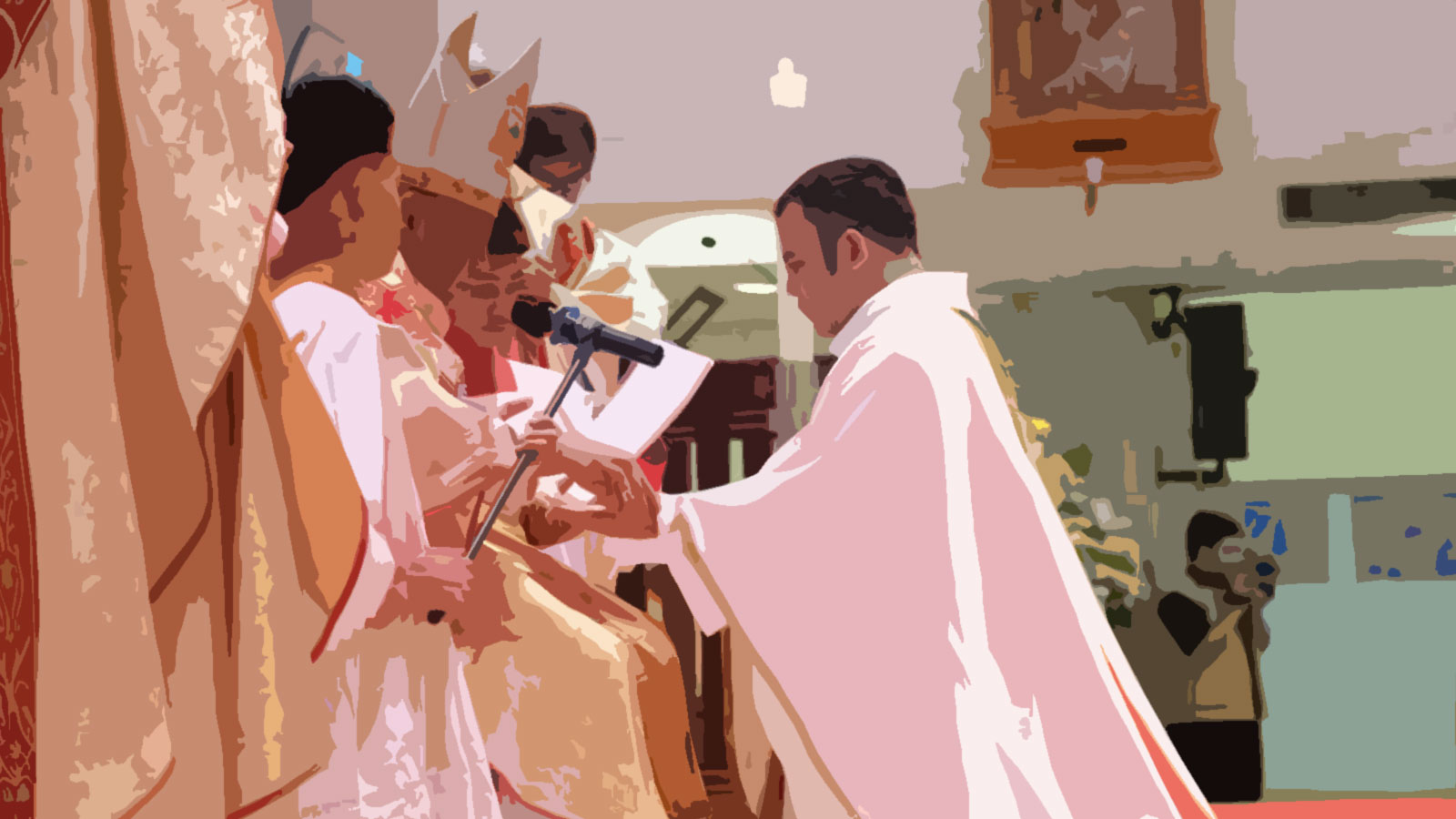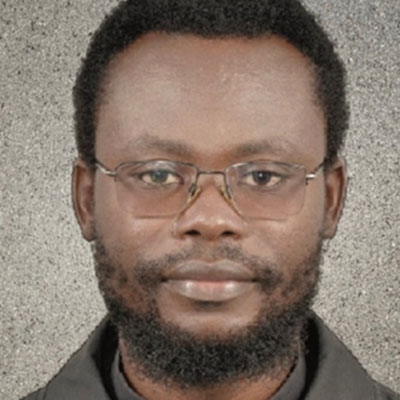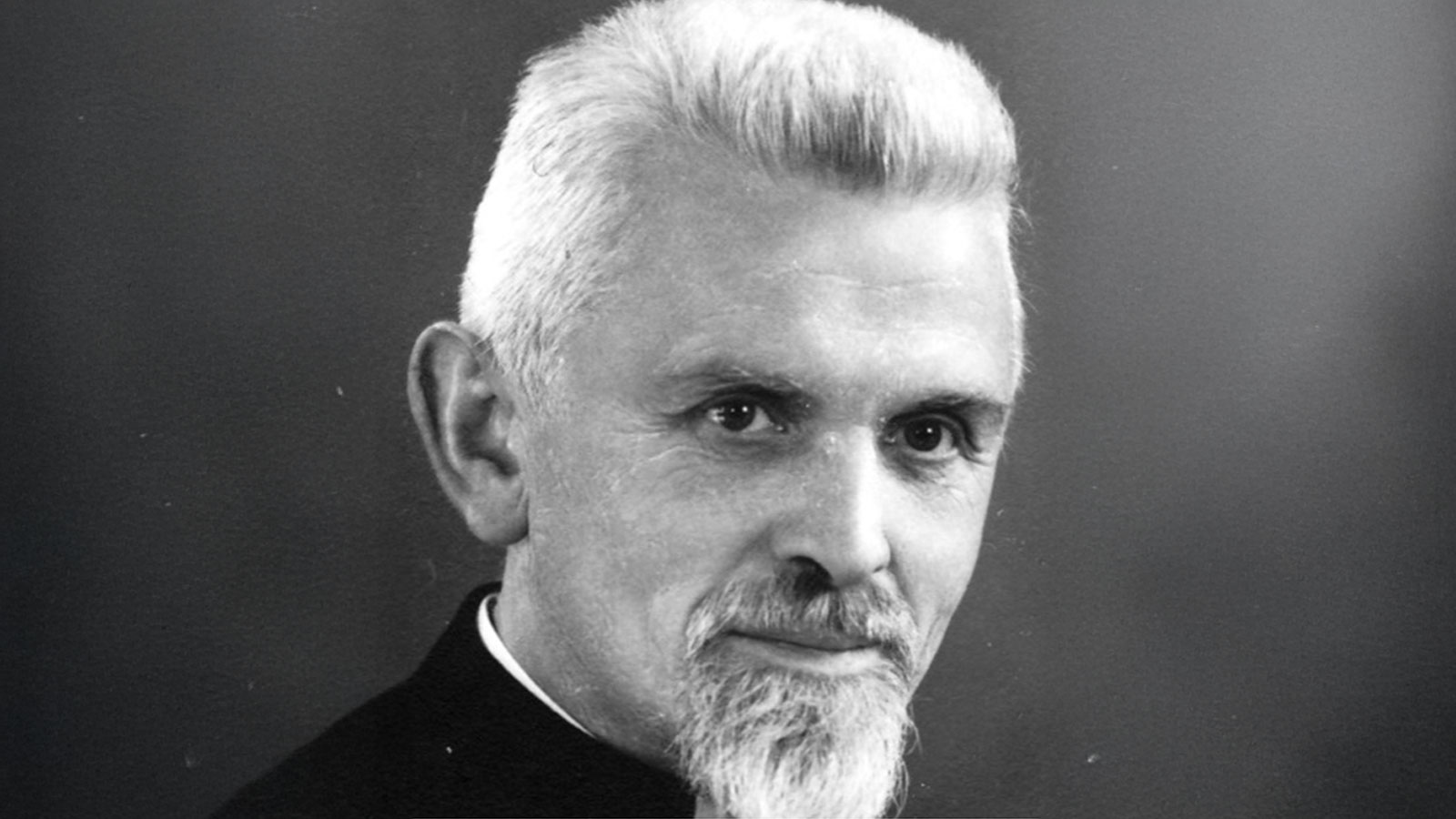 by Silvester Asa, cicm
by Silvester Asa, cicm
Researchers have discovered that bacteria thrive in every nook and cranny of our bodies. For some in the animal kingdom, certain bacteria flourish around their orifice or private parts. This explains why these specific parts of the body become the center of attention in bonding and mating rituals. Interestingly, like lemurs, who can stand on their two feet, we, humans, accumulate bacteria in our armpits. The glands in our armpits produce certain microbes with a particular odor. In the case of lemurs, the odor helps determine whether a lemur comes from the same conspiracy and is related to it. For us human beings, attraction to another person, or the lack thereof, is all about chemistry. Indeed, the scent of our personal wildlife, which can be traced back to our armpits, either binds us together or sets us apart.[1] Perhaps that is why someone may smell like Rafflesia to you, but that same person can be an alabaster jar of overflowing Sandalwood oil to someone else. This might also explain why Adam is attracted to Eve, while Steve prefers Job instead.
Interestingly, some studies have also concluded that the human brain is capable of producing oxytocin, a hormone that plays a significant role in our behavior. Also known as the love hormone that makes us feel close and connected to others, Oxytocin helps us heighten our bond with one another. Simply put, oxytocin is responsible for why birds of the same feather flock together. However, it is important to remember that oxytocin only serves to strengthen our bonds with one another. Furthermore, a study on primates’ behavior reveals that their oxytocin levels rise significantly as they enhance their proximity and strengthen their bond. By the same token, couples who are affectionate and bless each other with tender loving caress tend to develop a strong immune system and live a healthier and longer life because of a high dose of oxytocin.[2]
Intriguingly, even though oxytocin enables us to strengthen our bond with one another, the same hormone can also heighten our animosity against others, turning them into enemies. Oxytocin “prompts trust, generosity, and cooperation towards Us but crappier behavior toward Them. . .”[3] Indeed, there is a fine line between love and hate. The question is: what do these studies have to do with CICM Initial Formation and our intercultural living as CICM religious missionaries? Can we learn something from these recent scientific findings? Let me address these questions with an illustration that is based on real-life experiences.
Together with seven other Indonesians, I spent two memorable semesters at Maryshore Seminary in Bacolod City, Philippines, for our philosophy studies. One day, we were given some “tawas”[4] as presents. This was the first time most of us saw this crystal-like thing, and we wondered what to do with it. Later, we discovered that tawas is widely believed to be effective in, among other things, neutralizing body odor in the Philippines. This realization made us, the Indonesians, realize that our Filipino brethren were trying to convey a subtle yet essential message to us in order to address this pertinent issue of our distinct body odor. As a result, some of us began using tawas, while others resorted to conventional deodorant or settled for rubbing alcohol.
Some years later, as a formator, I had to overcome my own predicament in addressing the issue of body odor. Some community members had brought this issue up in their “Peer Evaluation,” thereby needing my assistance. Fortunately, contrary to my fear that this would offend the concerned parties, my carefully crafted feedback was taken in stride.
While listening to my sharing, a Congolese confrere confided to me about his similar experience in the mission as a formator. Once, he received a call from the school where our students were enrolled for their studies because a student confrere had “a little bit of a strong body odor.” The school thought that he could help them bring this to the student’s attention since he was the student’s formator. Despite the awkwardness of the situation and with due sensibilities, he politely discussed this issue with the said student confrere and the case was resolved amicably.
While it is true that we tend to be drawn and attracted to those who share our chemistry, our proximity and constant interactions can, in time, increase the production of our positive oxytocin and social bonding. Indeed, love not only happens at first sight but is also nurtured. This should be more than welcome news to us, CICM religious missionaries, who came from different races, nationalities, and cultural backgrounds. And yes, each of us does have a distinct body odor.
Nobody has ever said that living together in a community is a walk in the park. Yet, despite our fundamental differences, no one has ever systematically attempted to implement discriminatory policies and practices. On the contrary, our vision and policies are crystal clear. Called by the same Lord, we follow the footsteps of our beloved Founder, Théophile Verbist, by leaving our familiar surroundings behind to proclaim the Good News to all creation in the spirit of Cor Unum et Anima Una (CICM Constitutions, Art. 2). Furthermore, some structures that we have put in place, such as our international formation communities that allow us to be in close proximity to one another even at the very early stages of our CICM religious missionary formation, can actually increase the level of our positive oxytocin. In fact, this is an effective way to embrace oxytocin’s side effects gently. In extreme circumstances, the same bonding hormone can cause animosity, which can lead to hatred and racial discrimination. As a result, forming international and multicultural formation communities and pastoral teams is both necessary and crucial to the fruitfulness of mission.
The challenge remains, however, that we must go beyond international and multicultural living. Bringing different nationalities and cultural groups together in the same space simply because we want to be “multicultural and international” is not enough. That is just the beginning of the journey. It is only when we are able to gently challenge, affirm, and enrich one another because each has been blessed with what is peculiar; can we celebrate our intercultural living.
In fact, for many of our Filipino brothers and us Indonesians, I must add, this was most likely our first experience of living with “foreigners” who smell differently. I am sure it was not easy for those Filipino seminarians to find creative ways to address this issue without offending us. Our Filipino brothers could have chosen not to interact with us at all. Instead, they chose to welcome us in their midst. Fortunately, they found the answer to this existential question in, among others, tawas. And so were we, the formators, who were entangled in this delicate issue. It would be horrible if we had to dismiss a candidate solely because he had a peculiar scent. Instead, we embraced our own apprehensions in order to resolve this issue with much sensibility and style. Of course, such creative intervention risks being perceived as a subtle way of imposing a certain standard of truth on others. However, this must be viewed as a genuine effort on the part of some community members to share the wealth of their tradition with those who wish to enter their sacred stable, thus welcoming a stranger as one of their own. After all,
It belongs to our human dignity that we seek and share the truth. Truth is the basis of all human community. Human beings flourish in the shared pursuit of truth as fish do in water and birds in the air. Without it, we perish, and society disintegrates. To share what I believe to be most deeply true expresses my belief in the dignity of the other person.[5]
What has happened simply showed such ingenuity in sharing a recognized and time-tested truth. Hopefully, this resourceful and courageous act motivated by hospitality and genuine desire for unity and harmony will help us significantly become interculturally savvy CICM religious missionaries who have “the odor of the sheep.”[6]
[1] DW Documentary. “Who lives on our Bodies? A Microscopic Safari.” YouTube Video, March 7, 2022. Who lives on our bodies? A microscopic safari | DW Documentary - YouTube
[2] DW Documentary. “How does touch affect our mental and physical health.” YouTube Video, April 2, 2022. How does touch affect our mental and physical health? | DW Documentary - YouTube.
[3] Robert M. Sapolsky, Behave, the Biology of Humans at our Best and Worst (Penguin Books, 2017), 389.
[4] Tawas is also known as Potassium Alum or simply Alum.
[5] Timothy Radcliffe, OP., “Does Europe Need Missionaries?” in SEDOS Bulletin 2022,
vol. 54, No. ¾, March-April, 15.
[6] Pope Francis, Homily on Chrism Mass at St. Peter’s Basilica on Holy Thursday, March 28, 2013, in 28 March 2013: Chrism Mass | Francis (vatican.va).







